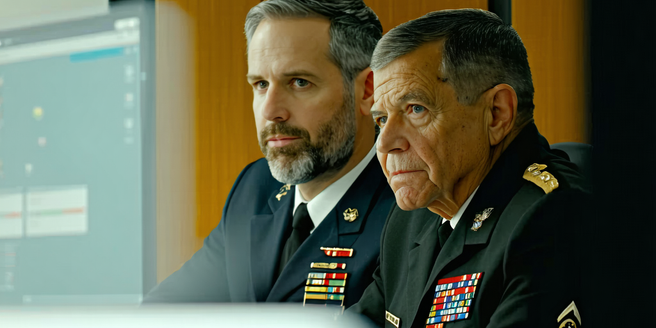Employment Training For Veterans

Understanding the Challenges Faced by Veteran Job Seekers
Veterans transitioning to civilian careers often encounter unique challenges. Many struggle to translate military skills into civilian job qualifications, leading to misunderstandings with prospective employers. Despite possessing leadership, discipline, and teamwork abilities, veterans may lack civilian certifications or credentials that employers recognize. Moreover, the language and terminology used in military service can be vastly different from that in civilian sectors, adding another layer of difficulty. Additionally, they may face cultural adjustments, as the structured environment of the military differs from the civilian workplace. Addressing these challenges requires tailored support, including career counseling and mentorship programs designed to help veterans navigate the job market successfully.
The Importance of Tailored Employment Programs for Veterans
Tailored employment programs for veterans are vital for ensuring a smooth transition to civilian jobs. These programs focus on mapping military skills to various civilian roles, offering targeted training, and providing the necessary certifications to enhance employability. By understanding the unique experiences and strengths that veterans bring, tailored programs can address specific barriers they face in job searches. Collaboration with various industries ensures that the training provided aligns with current job market demands. Emphasizing personalized support and continuous follow-up, these programs help veterans build confidence and develop skills, ensuring they not only find employment but thrive in their new careers.
Overview of Key Skills and Certifications for Veterans
Veterans possess a multitude of skills honed through rigorous military training, such as leadership, problem-solving, and resilience. However, to bridge the gap to civilian careers, additional certifications may be required. Key certifications like project management, cybersecurity, and healthcare credentials can open doors to in-demand industries. Understanding the alignment between military experience and these certifications is crucial. Employers in these sectors highly value the practical experience that veterans bring. Veterans can access various short-term courses and online training sessions specifically designed to prepare them for certification exams, ensuring they have the qualifications needed to secure meaningful employment.
How to Access Veteran-Specific Training Resources
Accessing veteran-specific training resources is crucial for a successful career transition. Veterans can start by reaching out to local veteran service organizations that offer guidance and support. Continuing to expand one’s network can also lead to discovering more opportunities and resources. Online platforms dedicated to veteran training provide a wealth of information on available programs, workshops, and courses tailored to veterans. Additionally, the Department of Veterans Affairs offers educational benefits that can be used for certifications and degree programs. Connecting with community colleges or universities that have veteran support services can further aid in identifying resources that suit individual career goals.
Success Stories: Veterans Thriving in New Careers
Many veterans have successfully transitioned to rewarding civilian careers, setting examples for others on a similar path. The journey, although challenging, showcases the resilience and adaptability these individuals possess. For instance, a former Army medic now excels as a registered nurse, using their military medical training to make a difference in healthcare. Another veteran, once a logistics specialist, translates those skills into a thriving career in supply chain management. These success stories highlight the potential for veterans to thrive in new industries, illustrating the importance of targeted support and the determination veterans bring to their post-military careers.
Government and Non-Profit Support for Veteran Employment
Government and non-profit organizations play a critical role in supporting veteran employment efforts. Initiatives such as the Department of Labor’s Veterans’ Employment and Training Service offer programs to enhance employability and ease the transition process. Non-profit organizations provide job placement assistance, resume workshops, and interview preparation resources. They also often offer mentoring programs that connect veterans with industry professionals. These entities also advocate for the hiring of veterans, highlighting the skills and dedication they bring to the workforce. Collaborative efforts between government bodies and non-profits ensure comprehensive support systems that empower veterans to succeed in civilian careers.